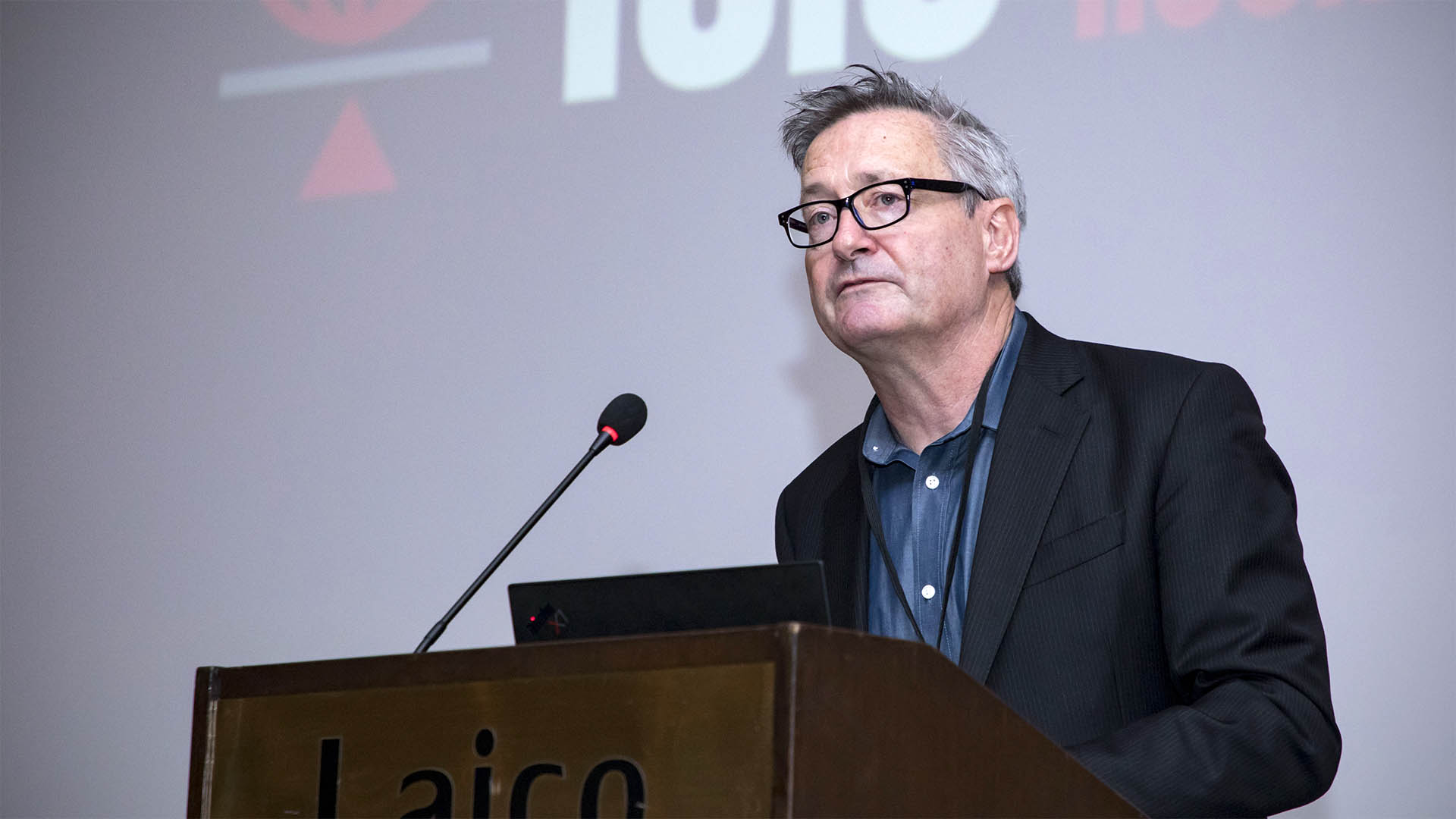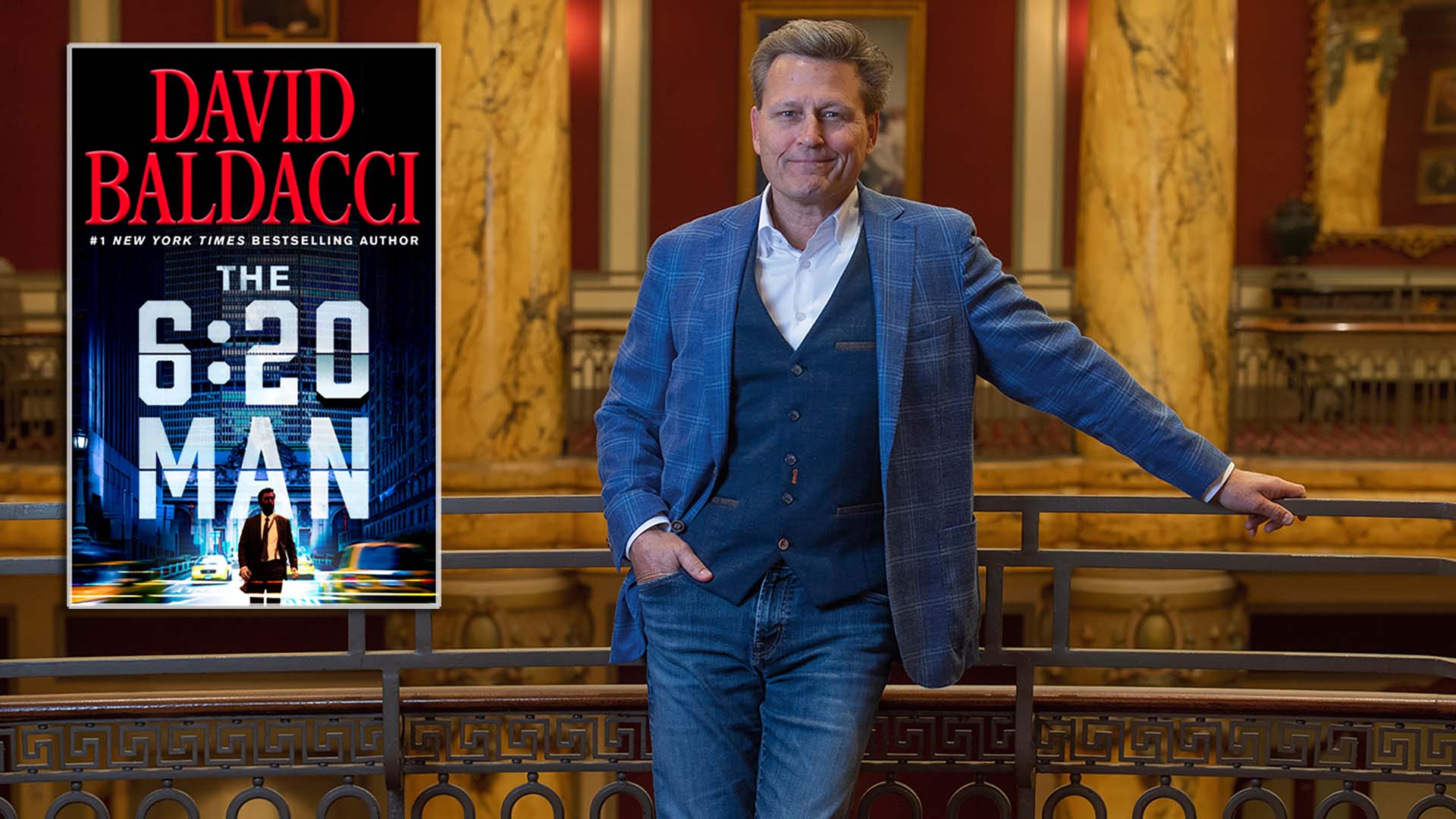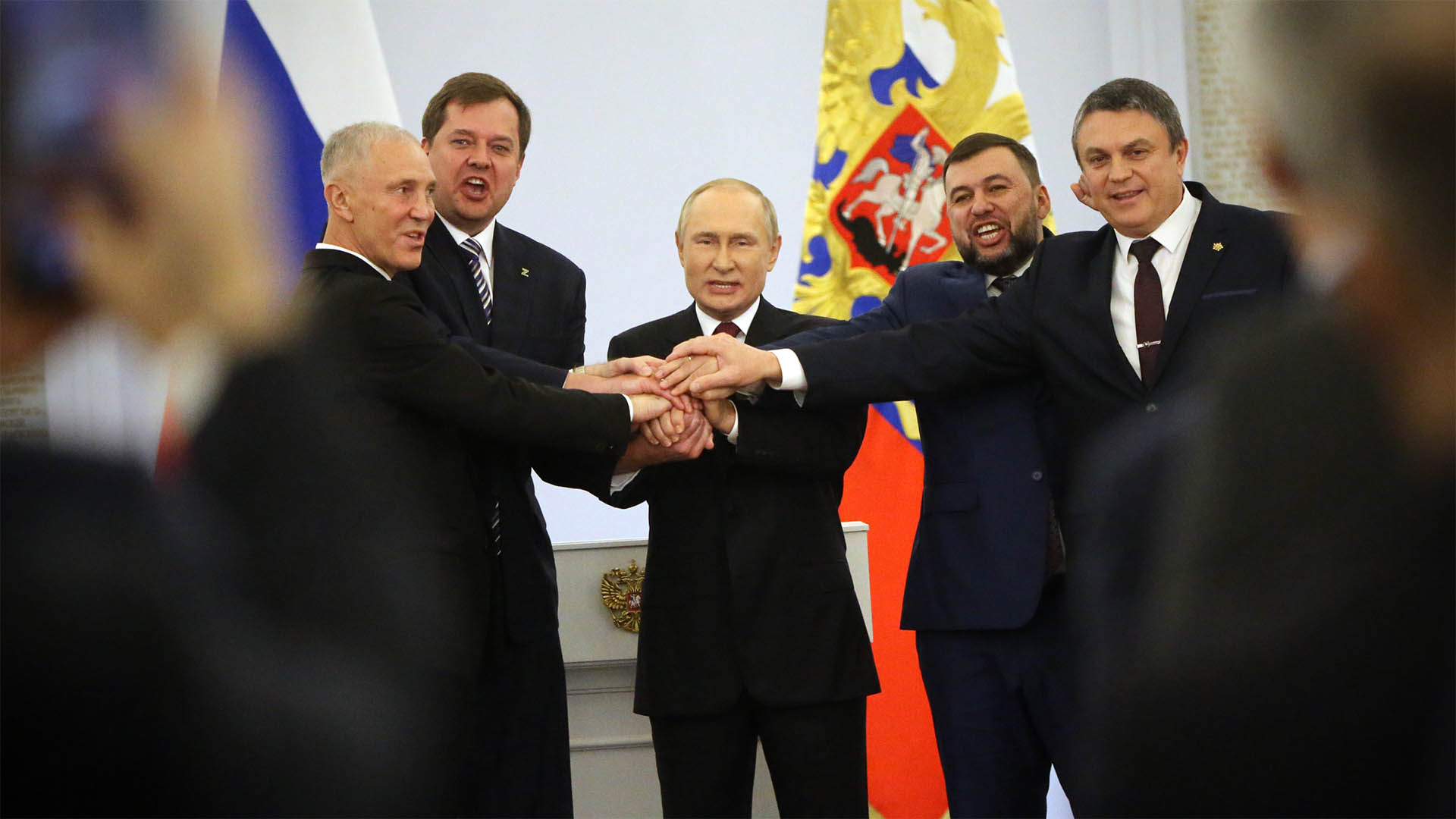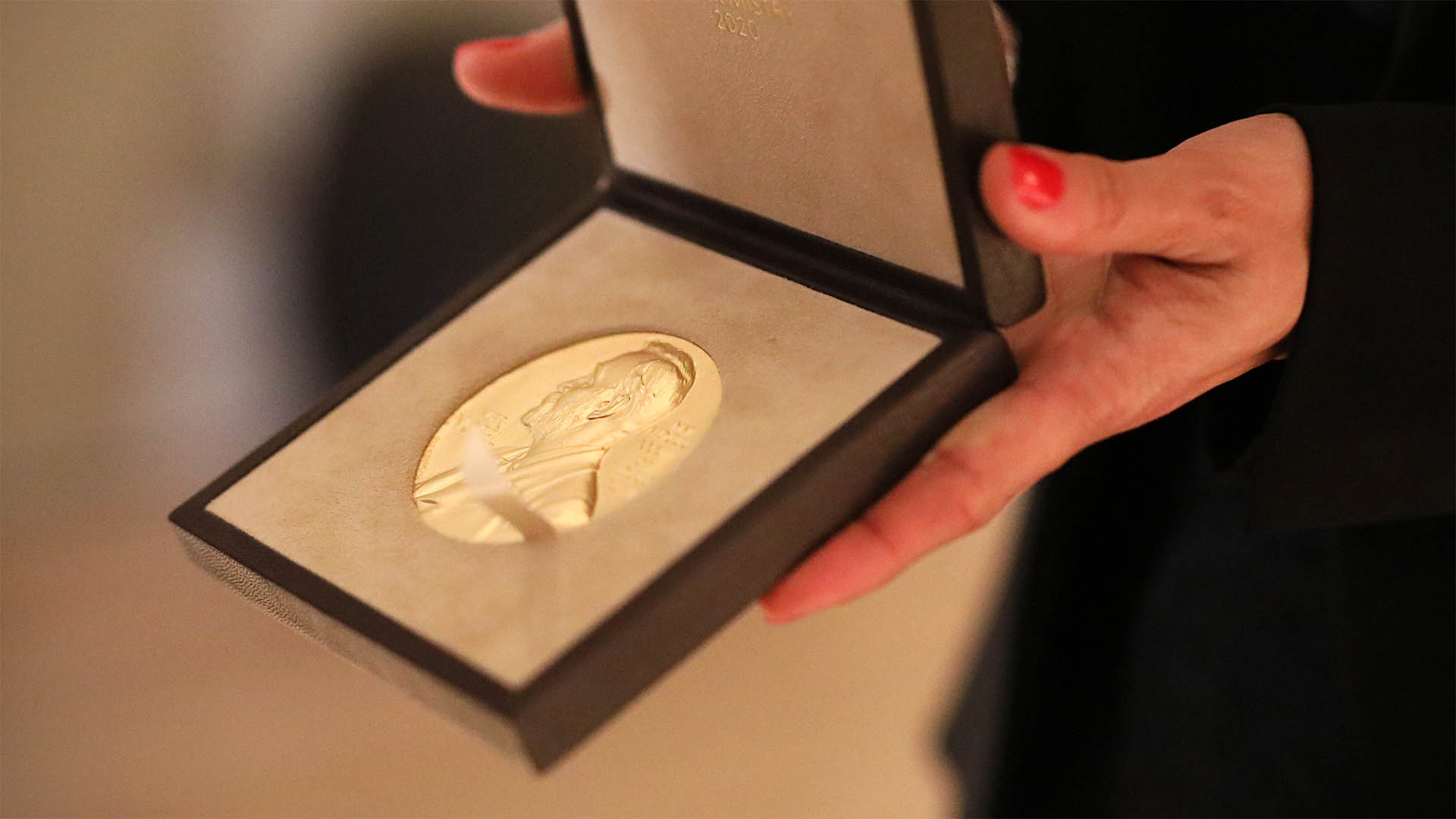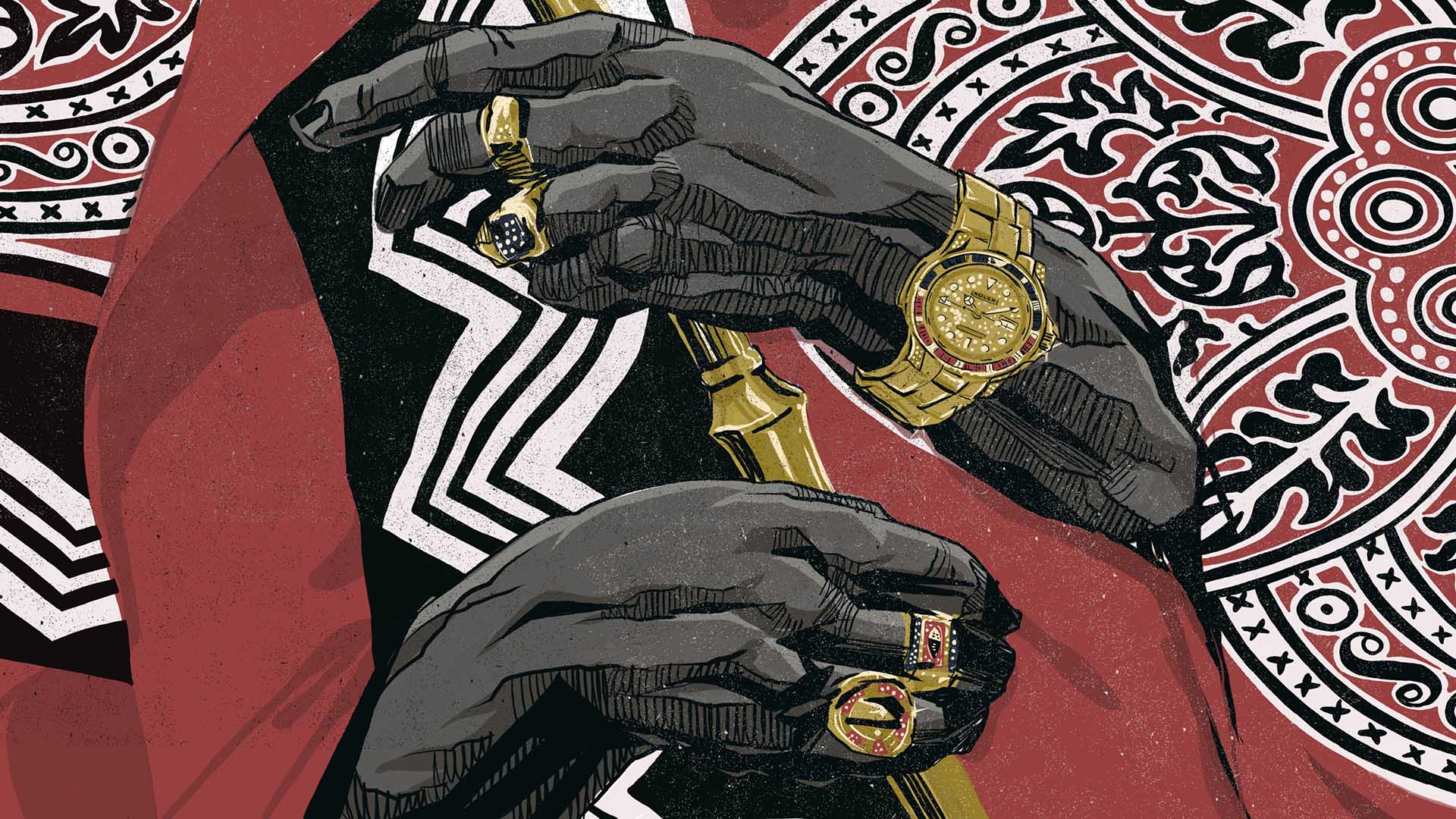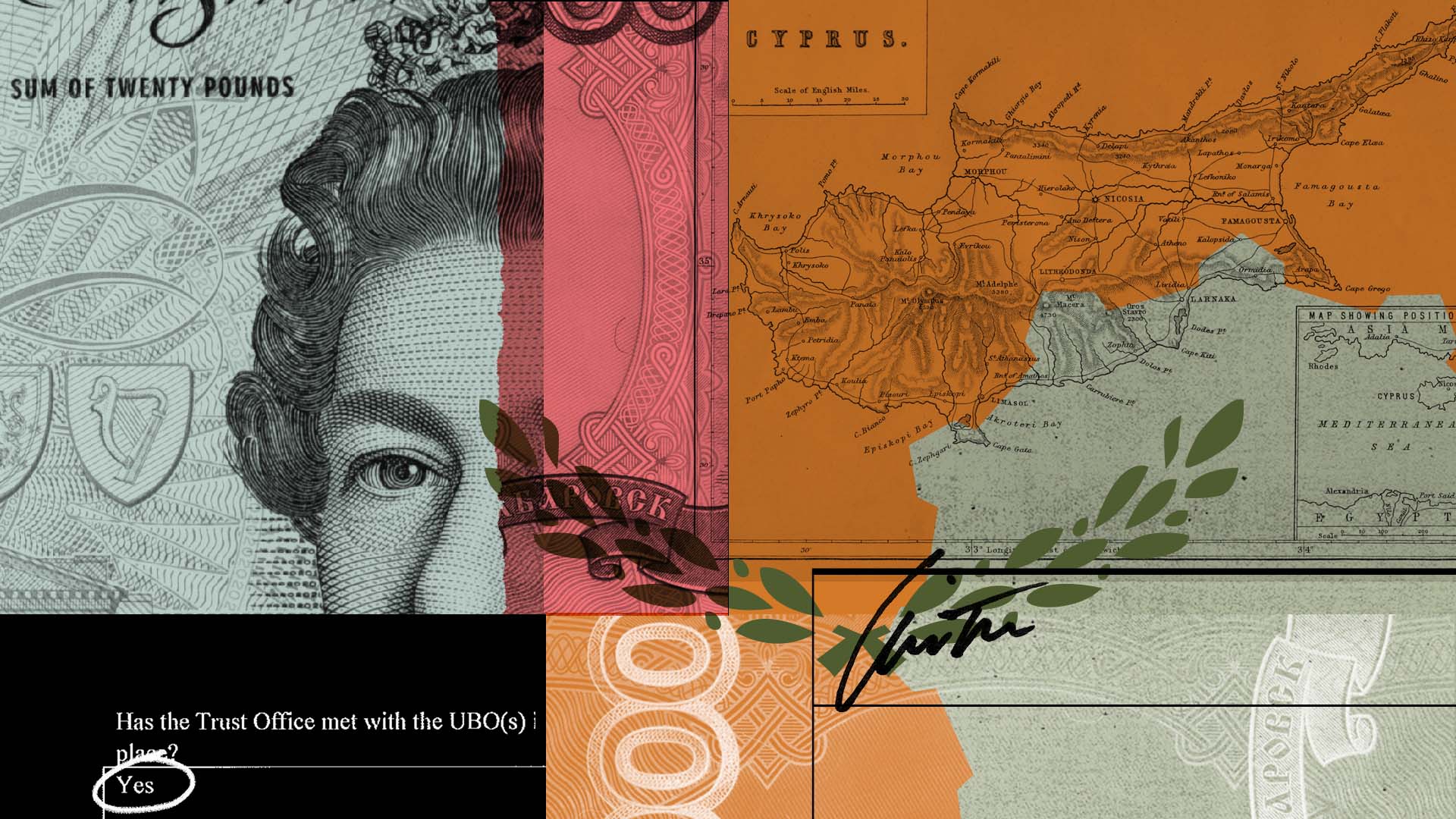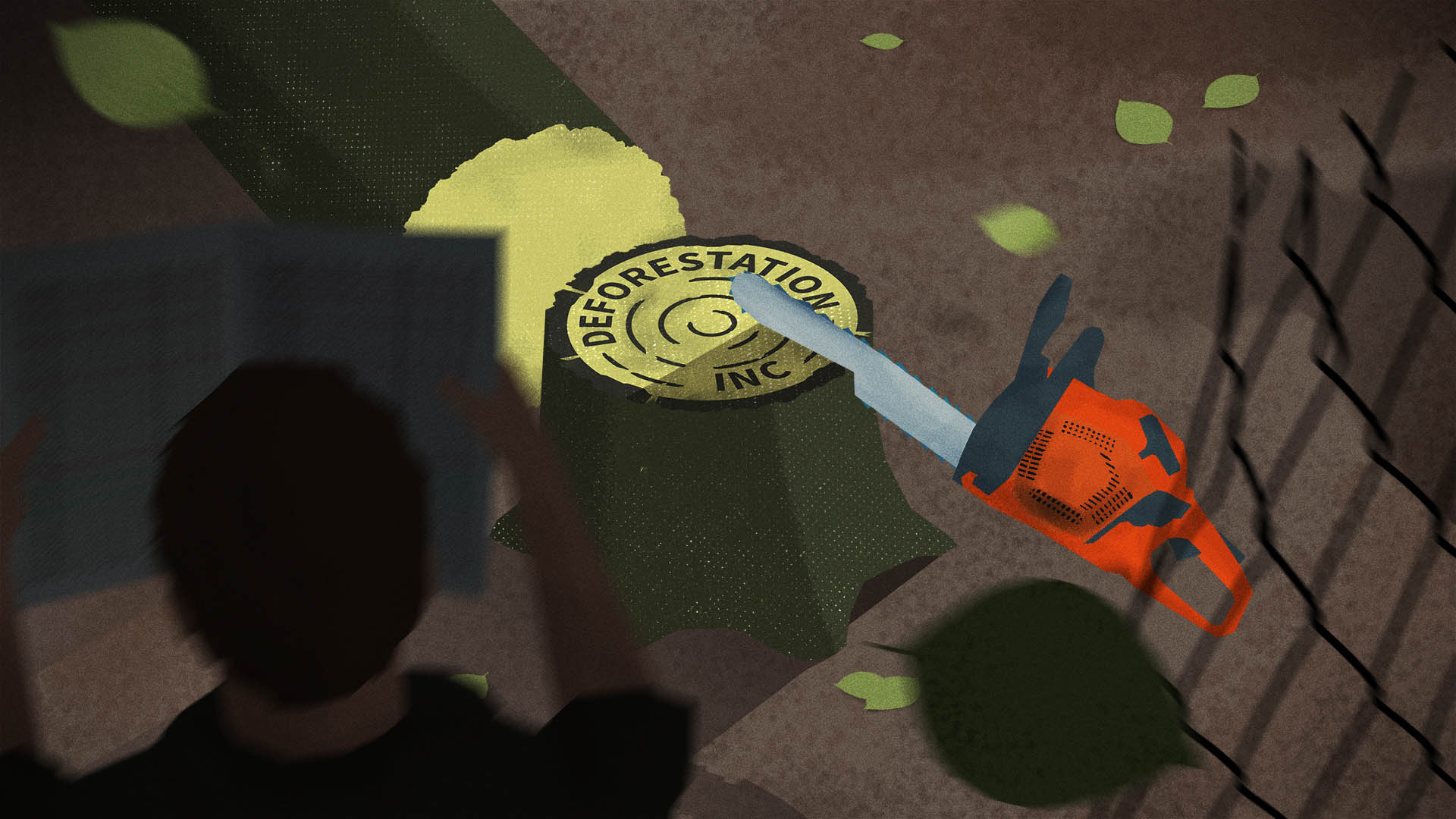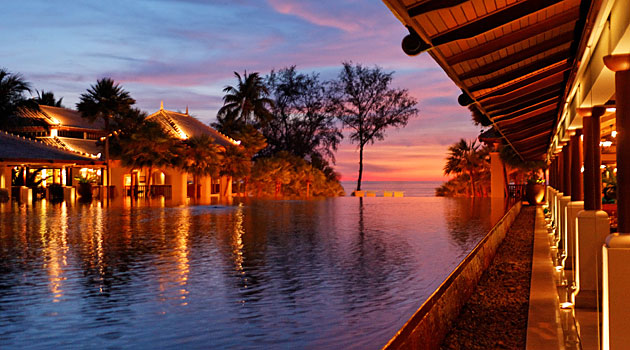
Former tennis star David Lloyd among UK citizens who used offshore companies to buy high-end properties on island of Phuket.
One of the side-effects of Britain’s financial bubble was a temporary boom in sales of luxury villas on the island of Phuket in Thailand.
These exotic hideaways had infinity pools, resident gyms and waiting speedboats. Such properties could be rented out for cash when not in use by their owners, and could cost anything up to £5 million to buy.
Britons commonly bought them through anonymous BVI offshore companies. A Bangkok law firm, Limcharoen Hughes and Glanville, employed a couple of expatriate English solicitors, and were active with UK clients.
When approached by the Guardian, the lawyers’ reaction was to deny involvement. Their deputy CEO, Desmond Hughes, said: “Let me categorically correct your assertion that our law firm ‘sets up’ BVI companies. We do not ‘set up’ BVI companies.” He called this a “fundamental error.”
But his denial turned out to be more a matter of semantics. Records show the law firm in fact commissioned a specialist incorporation agency in the BVI on their British clients’ behalf, to do the detailed work of setting up a series of such offshore companies.
One of the Britons who buys and develops such villas, the former tennis ace David Lloyd, was willing to explain. Lloyd, who set up a profitable chain of UK gyms on retiring from sport, says the reason for his two BVI entities, Rise Bright Development and High Joy Group, was not tax avoidance. It was to circumvent Thai laws on land ownership.
“It’s purely because in Thailand, you can’t own the land if you’re a foreigner. What you have to do is form a company to buy the land in which a Thai partner owns 51 percent. That company then gives a lease of the property to a BVI company which you do own. There are no tax advantages: it is purely because of the restrictions on land ownership.”
One purchaser, Chris Sharp, a retired London shop-owner, told us he had been advised that his BVI company would also allow him to avoid Thai capital gains tax if he sold the Phuket villa on.
Another Thai villa owner is Ian Brimecome, the chairman of the Equitable Life insurance company. He and his wife Charlotte used an entity called Fortune Green Holdings in the BVI to buy a holiday home after visiting Phuket in 2007. He told us that another reason local estate agents and lawyers used offshore companies was to avoid Thai legal problems on inheritance.
“Instead of having to change ownership of the property, you can simply transfer the shares in the existing company to the person who inherits.”
The British tax authorities depend on offshore villa owners volunteering the existence of their overseas assets and income. Brimecome said HMRC had mounted a detailed investigation in 2010 of such Thai villa purchases, and had given him a clean bill of health.
The ICIJ/Guardian Offshore Register: Thailand
This list is published in the interests of transparency. It is not suggested any of the transactions were illegal.
Ian & Charlotte Brimecome
Company: Fortune Green Holdings
Story: Chairman of Equitable Life uses offshore entity to buy Phuket villa
Details: Brimecome, who has a £2m home in Pirbright, Surrey, joined the board of two big insurers, Equitable Life and Axa in 2007. The same year the Brimecomes visited Phuket, the Thai beach resort, to buy a villa. The BVI company to own it was set up through a local law firm.
Intermediary: Limcharoen Hughes & Glanville, Bangkok
Comment from Brimecome: “The local estate agents and lawyers arrange the sales this way. They say it is less cumbersome than using an on-shore company, and avoids the problems in Thailand of changing the property ownership to your heirs if you die. The shares in the company can simply be transferred instead.”
David Lloyd
Company: Rise Bright Development, High Joy Group, David Lloyd Asia Co
Story: Tennis star turns property developer in Thailand
Details: Lloyd (born 1948) was Davis Cup captain and formerly coached Tim Henman. He built up a chain of gyms in the UK, sold out and then took up resort development on the island of Phuket in Thailand. He is developing luxury villas at Cape Sawan, to sell between £2-£5m and set up BVI ownership entities 2007-8.
Intermediary: Limcharoen, Hughes & Glanville, Bangkok
Comment: “It’s purely because in Thailand, you can’t own the land if you’re a foreigner. What you have to do is form a company to buy the land in which a Thai partner owns 51%. That company then gives a lease to a BVI company which you do own. There are no tax advantages: it is purely because of the restrictions on land ownership”
Chris Sharp
Company: Charm Nice Group
Story: Retired London shop-owner purchases villa on Phuket
Details: Sharp (born 1947) listed as retired, . Co incorporated 1.11.2007. UK flat in Campana Court Blenheim Road Barnet, Hertfordshire, EN5 4NG subsequently sold for £292k in 2009.
Intermediary: Limcharoen, Hughes & Glanville
Comment: “I retired from running a greeting card shop. I met a lady here. The lawyers advised me to have a BVI company because otherwise, they said, when you sell, the Thais take a lot of tax off you.”
Gerry Matthews
Company: Kinetic Country Group
Story: Retired clothing wholesaler buys Phuket villa
Details: BVI company was incorporated in July 2005, to buy a villa at the Cape Yamu development in Phuket, with pools and gyms, developed by Irishman Peter Hamilton. At retirement from his firm, Smith & Brooks, Matthews owned £3m house in Buckinghamshire
Intermediary: Campbell Kane, Phuket developers
Comment: No response to approach
Michael Macareavey
Company: Add Merit Group
Story: Expatriate Scottish engineer buys Thai villa
Details: Macareavey (born 1970), from Fairfield Way, Aberdeen AB11 7SQ, UK, bought offshore company in 2007, whilst in Malaysia. Formerly director of MTM Process Engineering Ltd in UK.
Intermediary: Limcharoen, Hughes & Glanville
Comment: No response to email
David Leigh is a member of ICIJ. This story was also published in The Guardian.
